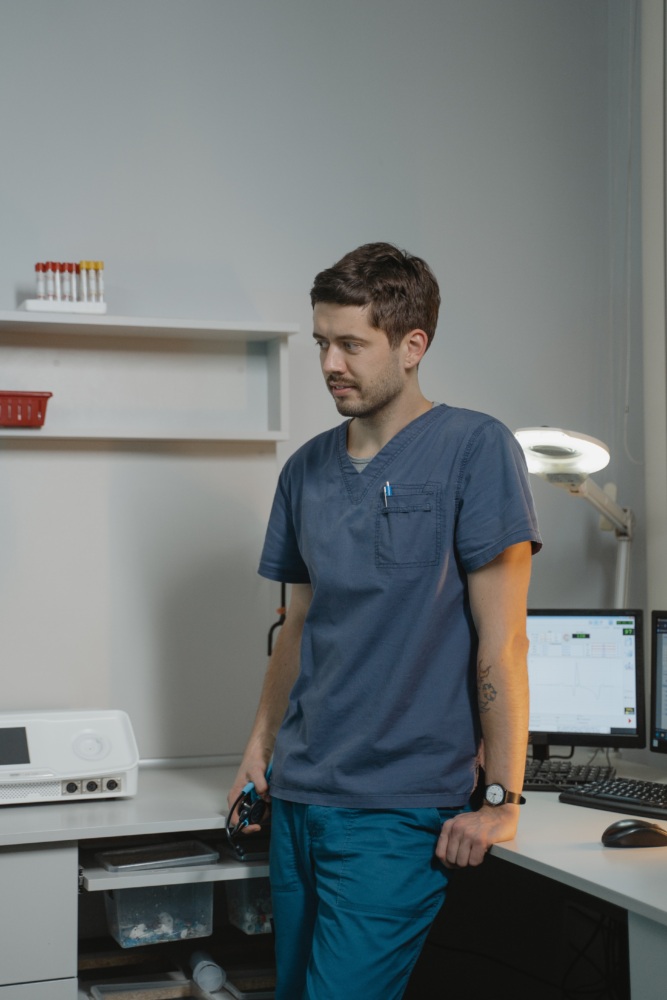
Expanding Pathways to Nursing in New Jersey
Social Finance is partnering with the State of New Jersey and NJ CEO Council on the nation’s first Pay It Forward Program to prepare New Jersey residents for in-demand jobs. We partner with high-quality training providers like the Nursing Program at Hudson County Community College and provide zero-interest loans to participants, especially those who may not have the savings to pay for training or the credit history for a loan. This program is supported by local employers including Johnson & Johnson, Merck, and RWJBarnabas Health.
Photo courtesy of Charles Sykes/AP Images for Johnson & Johnson.



